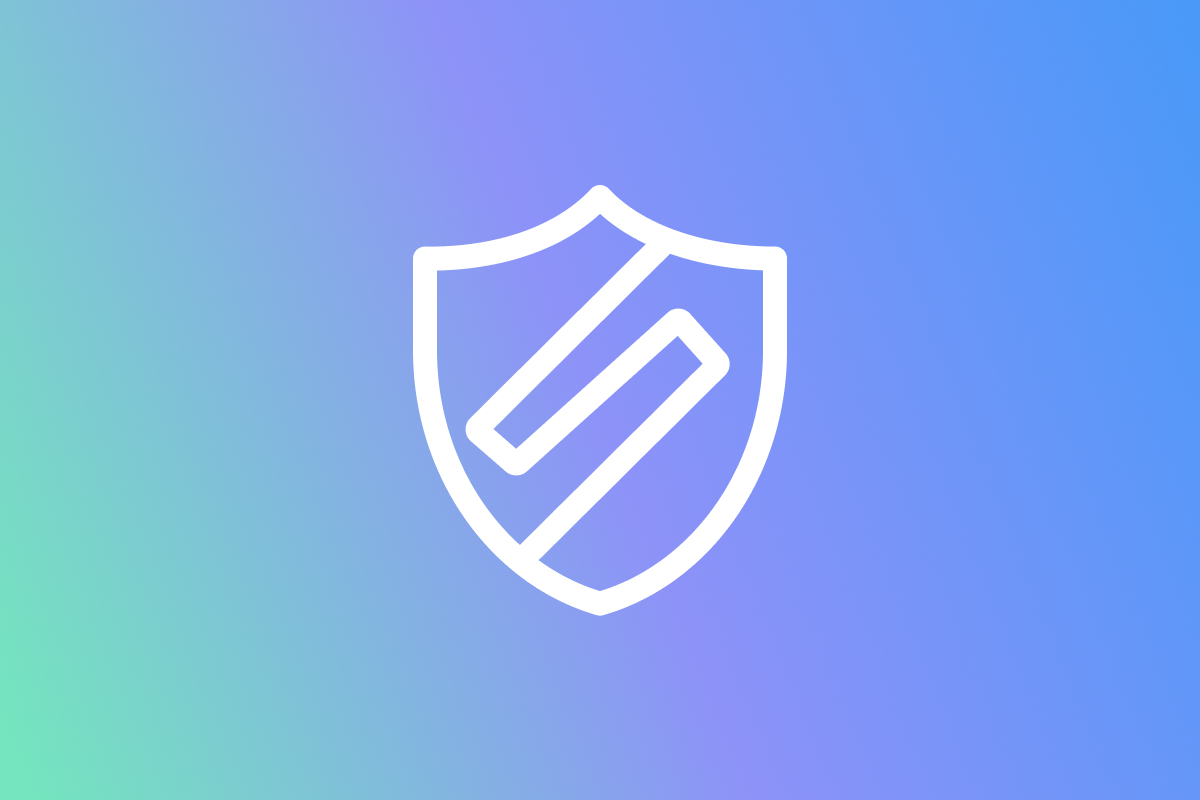Not that long ago, your doctor kept all of your health-related data in paper charts stored in a manila folder. Every time you visited your physician, the nurse would take notes in the chart and the doc would add info about your symptoms, prescribed medication and more. If a thief was determined to access your personal health information, he would have to distract the front desk staff, grab the folder and run for it. Now, thanks to the advent of the digitization of healthcare records, medical identity theft is becoming easier for cybercriminals. While the idea of having your personal health care data in a digital/computer form is well-intentioned. For example, if you are seeing more than one doctor they can easily share your records and make sure you are not doubling up on medications, it is fanning the flames of identity theft. With this in mind, let’s look at this phenomenon including how your personal data might be used, as well as ways to prevent it from happening in the first place.
How Common Is Medical Identity Theft?
A 2014 study revealed an estimated 2.3 million cases of medical identity theft, a number that was 22 percent higher than the year before. This makes it one of the fastest-growing strains of identity theft. Unfortunately, because older Americans may not check their credit scores as frequently, they tend to be more trusting of online transactions and may see the doctor more often than younger generations, they are more likely to become victims.
What Do the Crooks Want and What Do They Do with It?
Cybercriminals are not really interested in the fact that you had the flu last winter and an odd rash on your foot this summer; they want all of the personal data that is in your digital medical file. This can include your name, address, date of birth, social security number, email address and all of the info on your medical card, including Medicare or Medicaid data. Once they have your personal information, criminals can steal your identity to open up credit card accounts, gas station credit cards and other nefarious deeds. The stolen personal health info can also be used by criminals in ways that relate to the medical industry — for example, criminals can use your data to get expensive medical services, prescription medications and medical devices, as well as to get government benefits they are not entitled to including Medicare and Medicaid. Your personal data might also be sold on the black market, where it can be used to create new identities based on your personal information.
How to Lower Your Risk
Fortunately, medical identity theft is not inevitable, nor is it something that needs to be taken sitting down. There are a number of ways to reduce your risk. For example, you may wish to invest in a trusted identity theft service that can help with safeguarding and monitoring your identity — all day, every day. These programs can detect malicious use of your personal information, including social security number fraud. Then, if the worst happens and your identity is compromised, they will send out fraud alerts and proactive identity restoration services. CNBC also lists a number of ways to lower your risk of medical identity theft — they include refusing to allow your doctor’s office to make a copy of your driver’s license or credit card, and asking the front office why they need anything other than your medical insurance card and how they will safely store the info. If you don’t like what you hear, you can refuse to give the info to the office staff.

